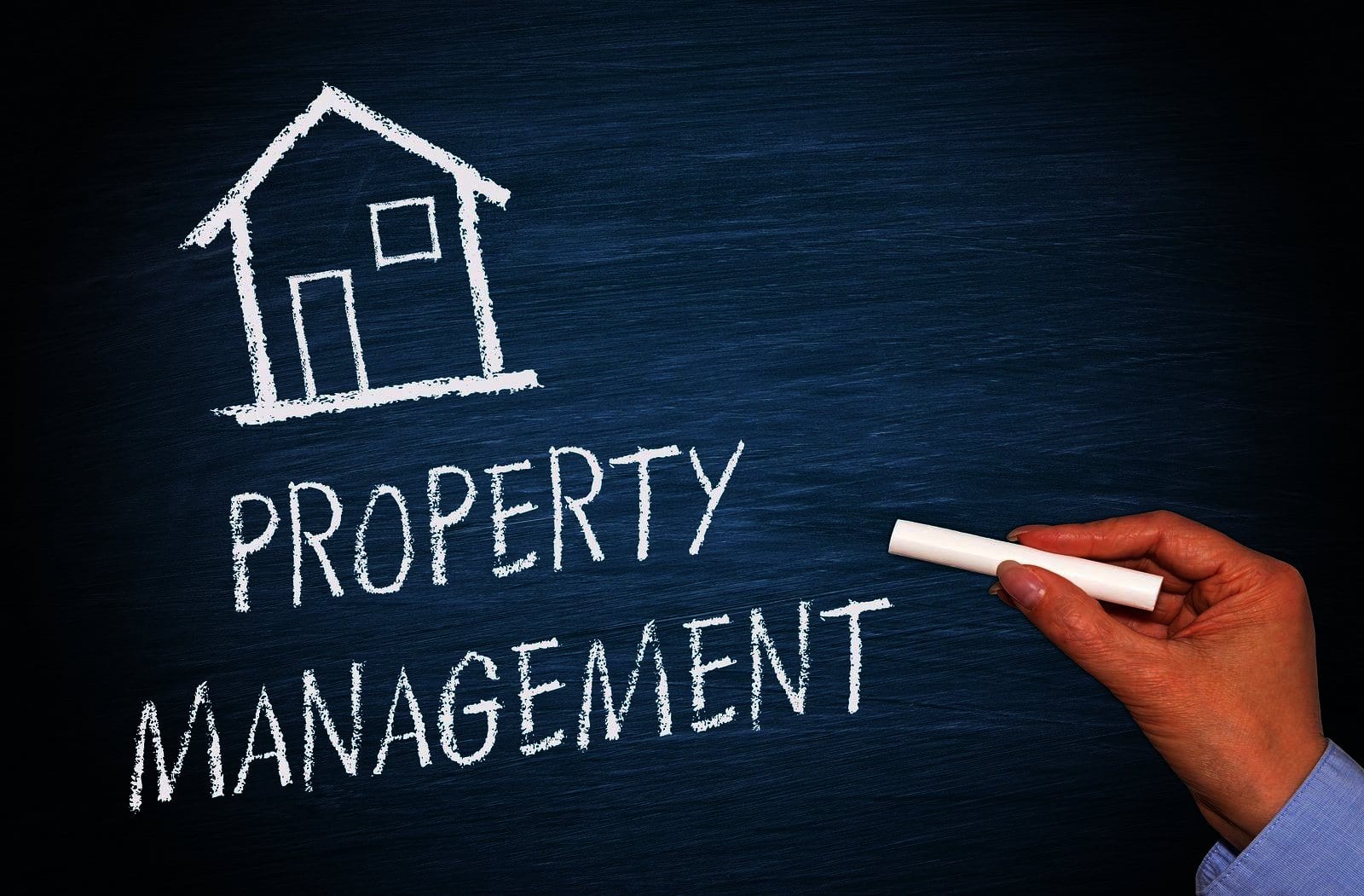So what exactly does a property management Milton company do? First of all, they collect rent, answer customer service questions, and collect feedback from tenants. Then they field maintenance issues, send out a maintenance person to look at the issue, collect quotes from contractors, and discuss options with the landlord. These tasks may seem mundane, but they’re vital to the smooth running of a property management company. Read on to find out more about the job of a property manager!
Managing Tenants With A Property Management Company
Whether you choose to manage tenants yourself or hire a property management company to oversee the process, you should understand the company’s fees before signing any contract. Most property managers charge between 8% and 12% of rental revenue, so be sure to understand if your fee is based on rent collected or due. It’s better to pay the management fee based on collected rent. In addition, make sure your contract spells out what happens if the unit is vacant.
If you have any serious lease breaches, the property management company can handle them for you. In some cases, they can even handle the problem for you, avoiding unnecessary legal issues and wasting time on resolving the issue. Managing tenants with a property management company will save you time, stress, and headaches and ensure the safety of your investment. If you want to have peace of mind, there’s no better time to get the job done than now.
Expenses Associated With A Property Management Company
Among the costs of using a property management company is the leasing fee. Some property managers charge a lease renewal fee of up to $200. Some don’t charge vacancy fees, but others charge $50 per month for vacant properties. You should also expect to pay a reserve fund fee of around $200 to $500 per unit, which covers day-to-day expenses and maintenance services. A maintenance fee may range from $200 to $500 per unit, depending on the scope of the project.
A property manager may charge up to $1000 per eviction, which includes obtaining a court order and preparing the necessary lease paperwork. You should also expect a termination fee of at least $250 if you decide to terminate the contract early. However, these fees are worth the peace of mind if your property becomes vacant for an extended period of time. A property management company should charge you a fee of 25% to 50% of the monthly rent if you’re not happy with the service. https://etrosoft.ca/res/property-management-companies/milton/
Responsibilities Of A Property Manager
A property manager has several responsibilities, including the day-to-day management of a rental unit. In addition to overseeing the day-to-day maintenance and repair issues, he or she is also responsible for addressing tenant complaints. In addition, he or she has to handle emergencies and neighbor complaints. A property manager should know all of the regulations pertaining to rental properties. For example, he or she must be familiar with fire and safety regulations.
Other responsibilities include budgeting and maintaining detailed records of the property. A property manager also oversees repairs and maintenance, and may even file property taxes. A property manager must have excellent record-keeping skills, which can make the task of accounting easier. Depending on the type of property he or she manages, he or she may be responsible for filing taxes or assisting the landlord. Finally, a property manager is responsible for maintaining detailed records of the building’s performance and expenses.
Keeping Up With Industry Trends And Regulations
As a property manager, you must stay up to date on changes in the industry. The following article highlights upcoming trends and regulations and how they might affect your business. By staying informed, you can take advantage of new opportunities and mitigate risks. To begin, review the following five trends. Once you have a grasp of these changes, you can start adapting your business. Let’s look at each trend one by one. The property management industry is evolving rapidly, with the rise of millennials and a shift in consumer preferences.
The demand for quality rental homes is rising. While traditional marketing methods like static websites and random social media posts might have gotten you by a decade ago, they can’t keep up with the new demands of a technology-savvy population. The third trend for property managers is the use of advanced technology. Many prospects are now tech-savvy and expect quality websites and apps. While the industry has focused on Millennials for the past decade, the Millennial generation will be renting and owning a home in the next decade.



